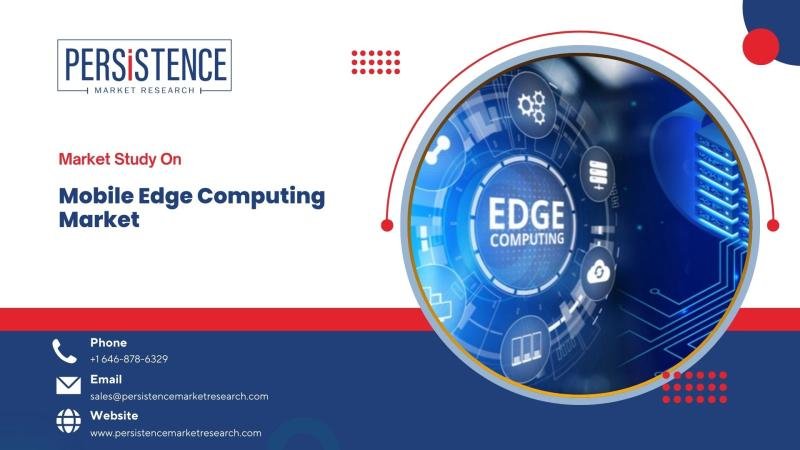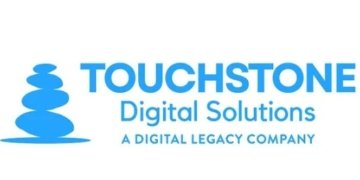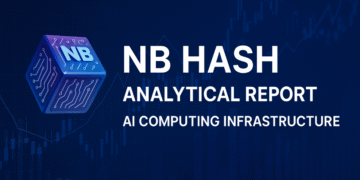Mobile Edge Computing (MEC) is a transformative technology that brings computation and data storage closer to the data source, reducing latency and enhancing real-time processing capabilities. According to Persistence Market Research, the global MEC market is poised for substantial growth, with projections indicating a robust Compound Annual Growth Rate (CAGR) of 49.7% from 2022 to 2032. The market, valued at US$ 1 billion in 2022, is anticipated to reach approximately US$ 58.4 billion by 2032.
Get a Sample PDF Brochure of the Report (Use Corporate Email ID for a Quick Response): www.persistencemarketresearch.com/samples/33067
Introduction
The rapid proliferation of Internet of Things (IoT) devices, the advent of 5G networks, and the increasing demand for low-latency data processing have propelled the adoption of Mobile Edge Computing. By processing data closer to the end-user, MEC reduces latency, optimizes bandwidth, and enhances real-time decision-making, making it integral to various applications such as autonomous vehicles, smart cities, and immersive media experiences.
Market Dynamics
Drivers:
Demand for Low-Latency Processing: The need for real-time automated decision-making solutions has escalated, particularly in applications like autonomous vehicles and industrial automation, where delays can have significant consequences.
Enhanced Quality of Experience (QoE): Businesses are increasingly focusing on delivering superior user experiences. MEC facilitates faster data processing, leading to improved application performance and user satisfaction.
Emergence of New Applications: The rise of technologies such as Augmented Reality (AR), Virtual Reality (VR), and connected infrastructures relies heavily on MEC to function effectively, driving its adoption across various sectors.
Restraints:
Infrastructure Challenges: The deployment of MEC requires significant investment in local hardware and infrastructure, which can be a barrier for some organizations.
Security Concerns: While MEC enhances data processing capabilities, it also introduces potential security vulnerabilities that need continuous monitoring and updating to mitigate cyber threats.
Market Segmentation
The Mobile Edge Computing market can be segmented based on components, organization size, application, and industry vertical.
By Component:
Hardware: Includes servers, routers, and other physical devices essential for MEC deployment.
Software: Comprises platforms and applications that enable edge computing functionalities.
Services: Encompasses consulting, integration, and maintenance services to support MEC infrastructure.
By Organization Size:
Large Enterprises: Organizations with extensive operations that require robust MEC solutions.
Small and Medium Enterprises (SMEs): Smaller organizations adopting MEC to enhance operational efficiency and competitiveness.
By Application:
Location-Based Services: Utilizing MEC for real-time geospatial data processing to offer personalized services.
Video Surveillance: Enhancing security through real-time video analytics at the edge.
Unified Communication: Improving communication systems by reducing latency and enhancing reliability.
By Industry Vertical:
IT and Telecommunication: Leveraging MEC to support the growing demand for data and network services.
Healthcare: Enabling real-time patient monitoring and telemedicine services.
Automotive: Supporting autonomous driving and connected vehicle technologies.
Media and Entertainment: Enhancing content delivery networks for streaming services.
Retail and E-commerce: Improving customer experiences through personalized services and efficient supply chain management.
Regional Analysis
The adoption of MEC varies across regions, influenced by technological infrastructure, regulatory environments, and market demand.
North America: Leading in MEC adoption due to advanced technological infrastructure and significant investments in 5G deployments.
Europe: Experiencing steady growth with initiatives focused on smart cities and industrial automation.
Asia-Pacific: Anticipated to witness the highest growth rate, driven by rapid urbanization, increasing smartphone penetration, and substantial investments in network infrastructure.
Competitive Landscape
The MEC market is characterized by the presence of several key players striving to innovate and capture market share. Companies such as Huawei, Nokia, and Cisco Systems are at the forefront, offering comprehensive MEC solutions and collaborating with telecom operators to deploy 5G networks at scale.
Future Outlook
The future of Mobile Edge Computing is promising, with continuous advancements expected in network technologies and edge computing capabilities. The integration of MEC with emerging technologies like Artificial Intelligence (AI) and IoT will unlock new possibilities, enabling smarter applications and services. However, addressing challenges related to infrastructure deployment, security, and standardization will be crucial for sustained growth.
Conclusion
Mobile Edge Computing is set to revolutionize data processing by bringing computational capabilities closer to the data source, thereby reducing latency and enhancing real-time processing. With a projected CAGR of 49.7% from 2022 to 2032, the MEC market presents significant opportunities across various industries. Stakeholders must navigate challenges related to infrastructure and security to fully harness the potential of MEC in the evolving digital landscape.
Explore the Latest Trending “Exclusive Article” @
• https://insightinnovators.wordpress.com/2025/02/27/the-rise-of-the-data-catalog-market-key-trends-to-watch/
• https://hackmd.io/@ifI0088USW246Rx9PbLRMQ/rJ9wvvT9kx
• https://statisticalinsight.blogspot.com/2025/02/how-data-catalogs-improve-data.html
• https://www.quora.com/profile/Aishwarya-Nagur-1/The-Future-of-Data-Catalog-Market-Growth-and-Opportunities-In-todays-data-driven-world-organizations-are-inundated-w
• https://vocal.media/stories/why-data-catalogs-are-essential-for-modern-data-driven-enterprises
• https://www.directorynode.com/how-data-catalogs-enhance-data-security-and-compliance/
• https://issuu.com/fmrresearch/docs/how_data_catalogs_empower_self-service_analytics
• https://medium.com/@aishwaryanagur6/the-role-of-ai-in-enhancing-data-catalog-efficiency-005c6c72d8ae
Contact Us:
Persistence Market Research
G04 Golden Mile House, Clayponds Lane
Brentford, London, TW8 0GU UK
USA Phone: +1 646-878-6329
UK Phone: +44 203-837-5656
Email: sales@persistencemarketresearch.com
Web: https://www.persistencemarketresearch.com
About Persistence Market Research:
At Persistence Market Research, we specialize in creating research studies that serve as strategic tools for driving business growth. Established as a proprietary firm in 2012, we have evolved into a registered company in England and Wales in 2023 under the name Persistence Research & Consultancy Services Ltd. With a solid foundation, we have completed over 3600 custom and syndicate market research projects, and delivered more than 2700 projects for other leading market research companies’ clients.
Our approach combines traditional market research methods with modern tools to offer comprehensive research solutions. With a decade of experience, we pride ourselves on deriving actionable insights from data to help businesses stay ahead of the competition. Our client base spans multinational corporations, leading consulting firms, investment funds, and government departments. A significant portion of our sales comes from repeat clients, a testament to the value and trust we’ve built over the years.
This release was published on openPR.
















